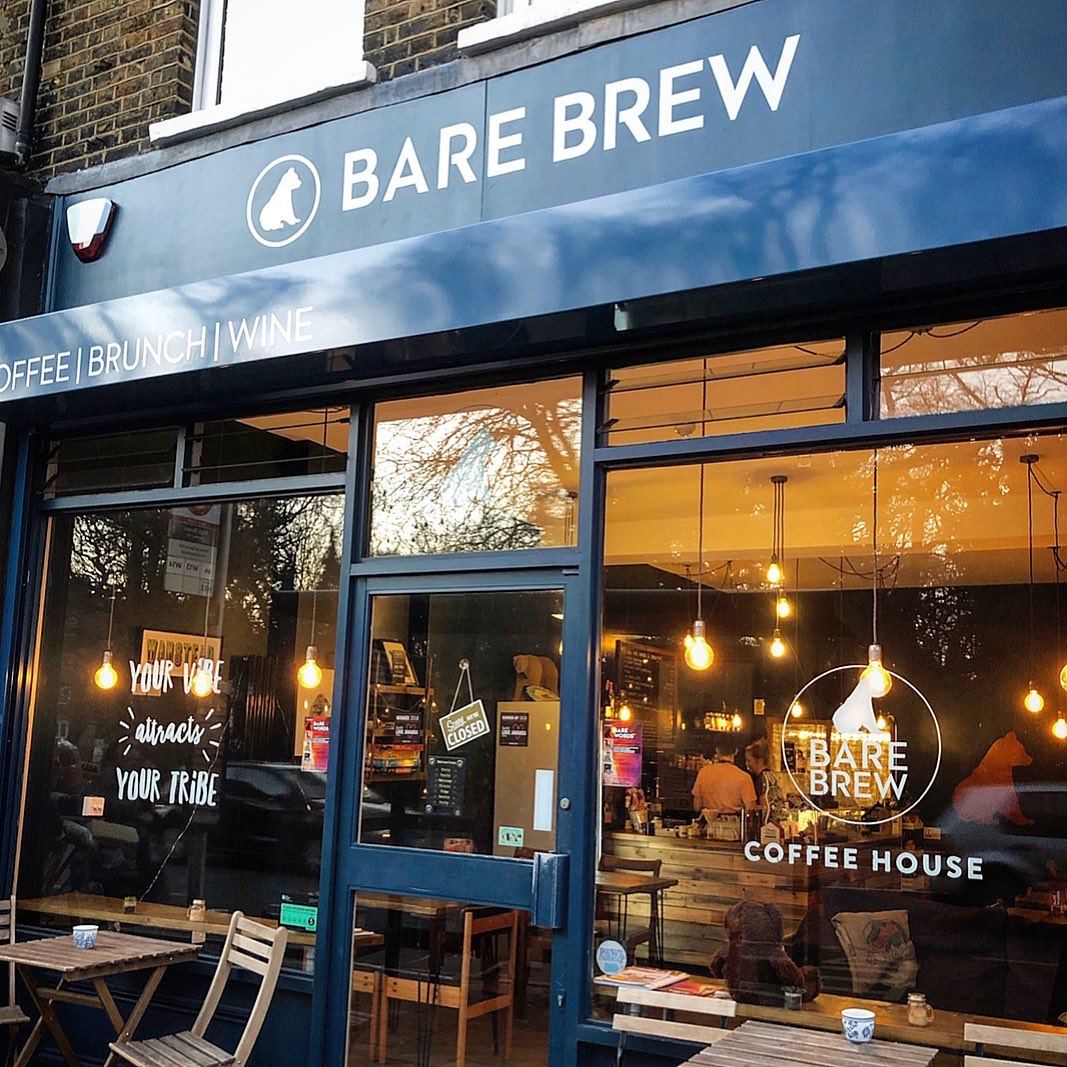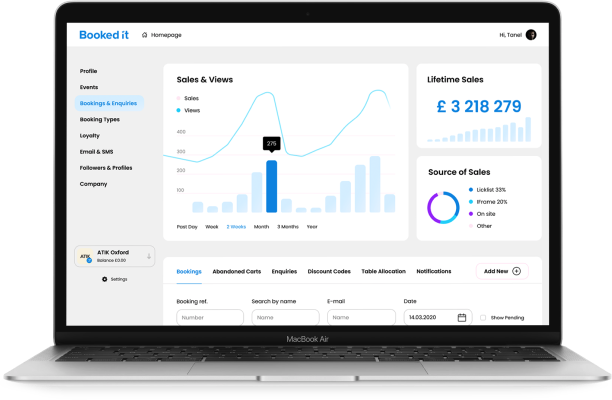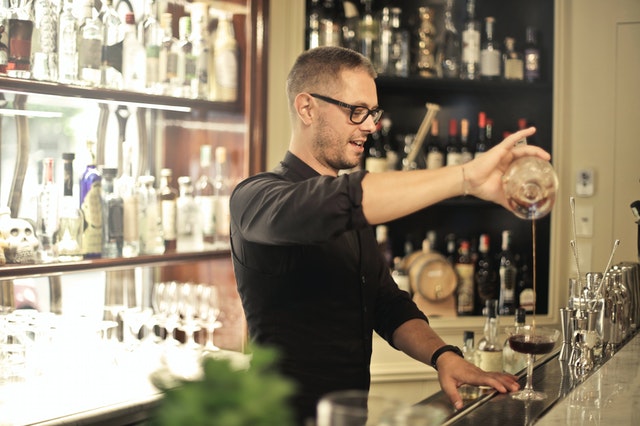At the end of the first lockdown, news of pubs, bars, and restaurants reopening was a relief to the majority of us. However, that feeling pales into insignificance when you consider the relief that has been felt across the nation when hospitality reopened last month, after almost six months of restrictions.
Most businesses have experienced an onslaught of bookings since the government’s roadmap was announced at the end of February. This is great news. What is less than ideal however, is the amount of those bookings that are not coming to fruition, and not translating into profit for businesses, because customers are simply not honouring their bookings.
Even before the pandemic, figures showed that no-shows accounted for one in five bookings, costing the hospitality sector £16bn a year. These figures have increased exponentially due to the problems posed by the pandemic.
One business has said that they have tried to combat the issue by taking a £5 deposit from customers when they book, which can then be redeemed when people arrive and have their first pint or other alcoholic drink.
Another business has come up with an alternative system; by taking and securely storing the card details of customers when they book, the restaurant wards off customers who were likely to cancel at the last minute or simply not show up at all. Of course, a charge would only be taken from the card in the event of an extremely late cancellation or failure to show.
The Foursquare Group, which represents independent hospitality businesses, says it is easy to see how every no-show has a direct impact on a venue’s bottom line. That’s why, earlier in April of this year, the Foursquare group launched a campaign that aimed to promote awareness of the struggles in the hospitality industry at the moment; especially the struggles faced because of consumers simply not notifying bars and restaurants of their inability to honour their booking.
Foursquare says around 20% of restaurant bookings end up being unfulfilled. This costs the UK hospitality industry about £16bn annually, which is disastrous for many venues in normal circumstances, never mind during the uncertainty of a global pandemic.
Louise Kissack, Foursquare’s non-executive director of hospitality, said: “As we enter yet another phase of the new normal, we’re on a mission to normalise deposits. We’re launching our #SaveMySeat campaign to help customers understand that when your local independent restaurant asks you for a small deposit on booking it’s simply their way of safeguarding their business and protecting their future.”
It’s important that consumers remain aware and attentive to the reciprocal relationship that exists between them and the businesses they choose to support. The easy way to do that is to set up an online booking system that customers can use to make enquiries, place reservations, and review each venue that they visit. Booked it has nurtured the no. 1 booking and reservation system for precisely this reason.
Businesses that use our booking system say that they have seen a 19% increase in bookings and a 13% increase in spend. There is direct evidence that the necessity of paying a deposit increases the amount customers are willing to spend because they see the deposit already taken from their account as a discount from their final bill.
It is great that both businesses and customers are so receptive to the need of a clear deposit system put in place. At the bottom line, it benefits both the business owner and the customer, as it helps the hospitality industry keep afloat!
Words by Rebecca Clayton

Online Booking System for Hospitality
Introducing Booked.it: the ultimate online booking system designed specifically for the hospitality industry. With our software solution, you can easily customise your booking process to increase sales and keep customers coming back. Manage online table reservations, group bookings, pre-orders, and deposits all in one place. Plus, we offer up-selling options to help you maximise revenue. Tired of dealing with no-shows? Our software can reduce this problem by 20%. And don't worry about website or app design - we provide free services to make sure your ordering system is fully functional and user-friendly. Say goodbye to taking orders over the phone - our takeaway ordering system frees up staff time. With advanced integration options, loyalty program integration, and insightful marketing campaigns, our booking system is the ideal solution for any hospitality business.

Our Booking and Reservation System
Discover the power of Booked.it Solutions - the reliable and user-friendly online booking system designed to streamline your business. Whether you're in the restaurant, festival, or leisure industry, our cutting-edge software is here to enhance your booking and reservation process. Our Booked it app allows you to effortlessly manage bookings and capacity, while seamlessly checking in guests upon arrival. Say goodbye to no-shows with our advance payment option, and stay on top of customer details with our convenient booking confirmation scan feature. Our customisable booking systems are tailored to meet the unique needs of every sector. Simplify your bookings and provide exceptional customer service with Booked.it Solutions.


